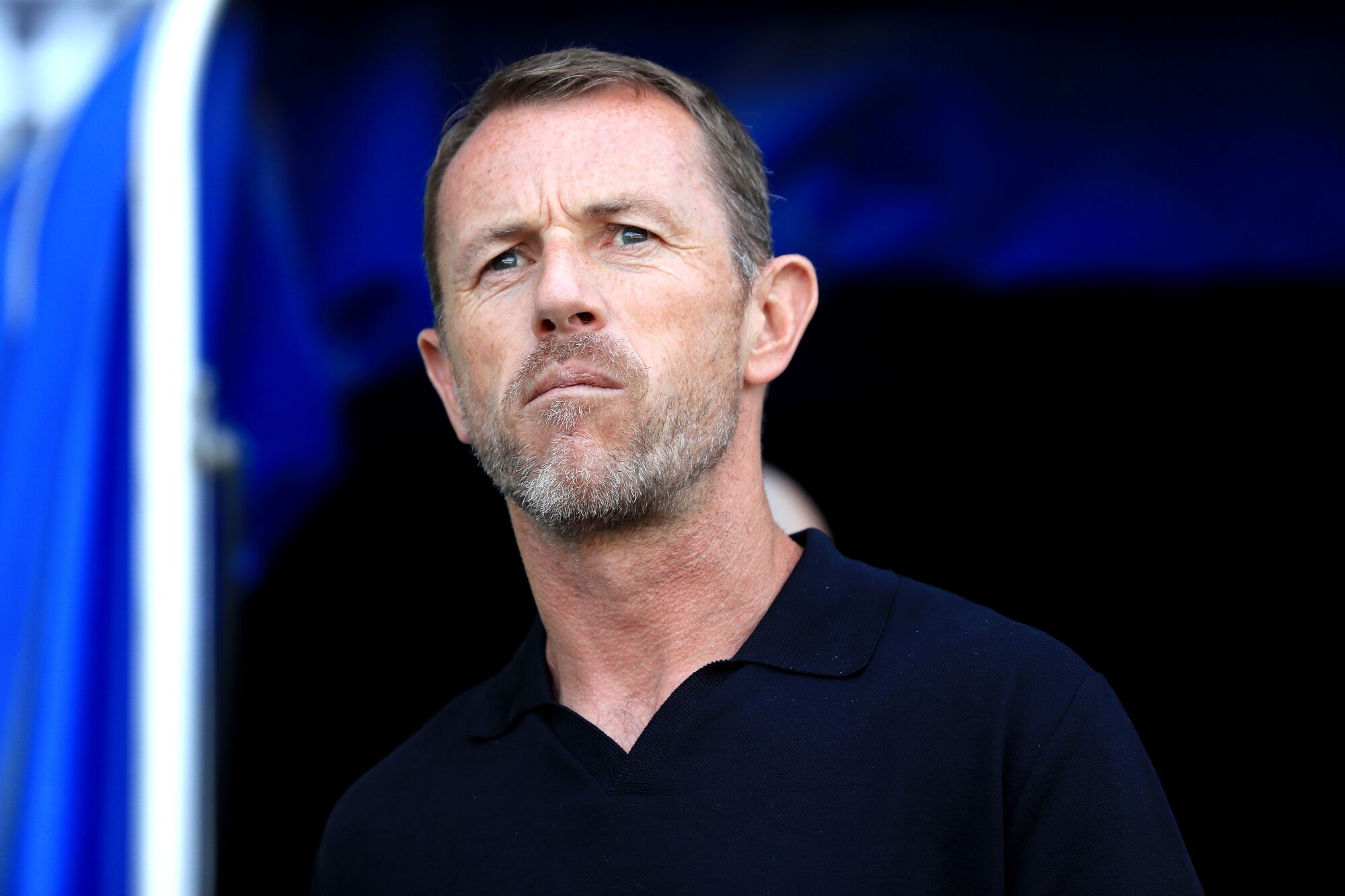After a slow start to the season, three consecutive Championship wins have propelled Millwall back towards the top of the table and reignited discussions of a Play-Off challenge.
A lack of goals, defensive solidity and to some extent, excitement, had some Lions fans fearing they may be in for a long season but Wednesday night’s hammering of Watford has sparked life into The Den.
It is no coincidence Millwall’s sharp upturn in form has come with Gary Rowett’s return to a 4-2-3-1 formation – a more front-footed approach that many had been crying out for to replace the five at the back which had been used for the past two seasons.
Early performances this term were all too reminiscent of the final weeks of Neil Harris’ tenure, when the Lions looked too cautious, unable to win on the road and heading for a rut. This time however, positive action seems to have had an instant impact.
Millwall’s points per game have drastically risen from 1.18 with a back five, to 2.33 with a back four (2.5 after the final whistle on Wednesday).
With the shift, the goals have increased, the defence has tightened and Millwall are looking more proactive off the ball. But what has actually changed for Millwall?

Rowett admitted after the win over Watford that the switch had made his side more compact, harder to play against and break down.
The Millwall boss also went on to voice concerns that, with one less defender on the pitch, more opposition chances could be created.
However the return to fitness of Shaun Hutchinson, paired with the return to form of Jake Cooper has meant the Lions have gone from conceding 1.36 non-penalty xG per match, to just 0.64.
Despite the small sample size, it is easy to see Millwall have been much more secure since the change with the midfield partnership of George Saville and Billy Mitchell another key factor.
While Rowett took time to find a settled midfield duo, the pair have been in supreme form over the last few matches; Saville’s impressive defensive numbers are hard to ignore, while Mitchell is showing the progressiveness and maturity that has only been seen in glimpses over the past few seasons.
READ MORE: Millwall’s away day struggles could prove to be Gary Rowett’s biggest challenge this season
On the duo’s midfield transformation, Rowett said: “You can argue the formation might help them feel more confident and might help them because they feel more comfortable in it, but they’ve still got to play well.”
Despite the change in shape, Rowett insists the style and ethos his side play with has not altered, explaining: “It’s still the same principles. We work very hard when the goalkeeper’s got the ball, how we set our press up and how we set those traps.
“We work very hard on that first pressure, how we apply it, where we apply it and the balance behind the ball. Then we work very hard when we get into shape, so that everybody’s active in the defensive process.
“The biggest thing is that the formation gives you obvious differences. It gives you two players higher up the pitch, wider, so as soon as you win the ball, can actually get into the attacking third quicker.”
Having more bodies higher up the pitch has definitely had a huge impact on Millwal’s goal output.

Lions fans had become accustomed to Benik Afobe and Tom Bradshaw cutting lonely figures at the top of the pitch, feeding off scraps as the side struggled to move the ball into attacking areas.
“I think that was our problem playing a five: we weren’t quite moving the ball well enough to get enough bodies further forward,” admitted Rowett.
“I don’t necessarily think it was the formation, it was how we played the formation… If you get it wrong it looks a little bit disjointed.”’
As much as those at the back have hit form, so have the players at the top end with Zian Flemming, now playing in a more familiar number 10 role, starting to show his prowess in front of goal.
READ MORE: Millwall’s summer spending shows statement of intent in their quest for the Play-Offs
The underlying numbers once again show the drastic upward trajectory, with Millwall going from 1.14 xG per game to 1.51. Not only are the Lions starting to create more chances, with more attackers in dangerous positions, but they are starting to create better quality ones as well.
Rowett also underlined the benefit of having more players higher up the pitch, saying: “You don’t perhaps have to pass the ball quite so well, or quite so accurately to get into attacking positions.
“[Bradshaw] is a good foil for the three behind him – he wins so many things or he backs into people and works so hard that the balls drop and the other three can come into play without having to pass our way into those areas.”
Having players around the striker has certainly helped Millwall move into dangerous areas quicker, while off the ball allowing them to be more aggressive.
Rowett isn’t one to change a winning formula and Lions fans will keep expecting the type of performance they saw against Watford – whether this side can maintain that intensity is Millwall’s next challenge.